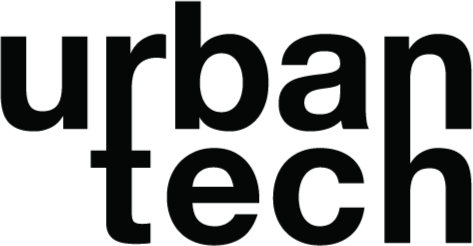How KOBOTS is revolutionizing the construction industry
he story of KOBOTS begins with and revolves around one simple concept, which is collaboration. The company’s growth owes itself to the joining of three worlds: industry background, robotics knowledge, and fundraising experience. KOBOTS develops mobile, voice-controlled robots that support workers in the construction industry and reduce the carbon footprint and waste in the process. Founded in Odense, Denmark in 2018, the company strives to revolutionize the construction industry. Their robots are not meant to replace the workers or fully automate the process, but to support workers and make their working environment safer and more productive. If the repetitive and menial tasks are taken care of by robots, the workers can focus their energy and time on processes in which they are the experts. This way, the workers not only feel more fulfilled, but they feel empowered in knowing that they are doing tasks that only they can do. They are contributing to the construction process in a way that no machine or software can.
Amigo: KOBOT’S’ first robotic solution
Amigo is KOBOTS’ first robotic solution and is currently operating in the construction industry, automating the cutting process through an app that uses voice control. In addition to increasing the productivity on the worksite, Amigo also eliminates tool vibrations and the dust that rises in the working process, creating a much healthier working environment for the craftsmen. This in turn decreases the number of work-related incidents and health issues that come from operating saws all day and being exposed to dust. It also saves resources and materials when processes like cutting are done by robots designed for the task.

© Kobots AS
A story of collaboration
One of the things that set KOBOTS apart is that it did not begin with a technology or an idea and then try to find the demand. It started from within the construction industry and where there was a problem and a demand, then developed the technology and solution. This was the first step in the collaboration that birthed the company.
The other step was the joining of forces between Peter and Christina. Christina, Vice President, has a master's degree in business administration and commercial law. When she joined KOBOTS, she contributed her experience with self-funded projects and fundraising. Peter, being aware that self-funded projects need a particular discipline and knowledge, knew that he had to collaborate within his network. “I was looking for someone who shared my values of openness and honesty,” says Christina. “So, we met for coffee in IKEA and it quickly became apparent to me that we shared the same values and that we agreed on how to run a business.”
Openness, intuitiveness and a belief in lifting people is what drives us. I think it's one of our core values here, that we empower people.
The funding journey
“Before I joined the team,” says Christina, “we were lucky enough to receive some soft funding from Innovation Fund Denmark and some other small Danish funds.” A few months after KOBOTS got established, Niels Juel Jacobsen, the founder of Mobile Industrial Robots, became a main investor and from there other, strong investors followed.
KOBOTS has recently opened for crowdfunding through Seedrs, an equity crowdfunding platform based in London. Through this choice, they are staying true to their culture of empowerment and “giving the power back to the people,” says Christina. “It’s the grassroots way of going on the stock exchange.” By investing in KOBOTS through Seedrs, the people can play an active role in KOBOTS and make life better for construction workers.

© Kobots AS
KOBOTS’ impact
KOBOTS works closely along with the UN’s Sustainable Development Goals and has identified four goals as its main objectives. While working on these goals daily, KOBOTS does recognize that they are rather long-term goals and that in the years to come, its efforts in meeting the goals will become more aggressive.
KOBOTS’ first goal is contributing to good health and well-being by significantly decreasing the amount of dust that workers are exposed to. “In Denmark alone, there are 250 deaths a year due to lung problems caused by dust,” says Christina. “This is a really significant problem in the industry, but it can be changed by integrating new technologies in the work processes.”
The company’s second goal is to achieve responsible consumption and production. The company strives to achieve sustainable management and efficient use of natural resources by 2030 by reducing waste and rethinking residual materials.
Lastly, they wish to achieve higher levels of economic productivity by integrating new technologies and to promote inclusive and sustainable industrialization by retaining construction workers and increasing productivity.


